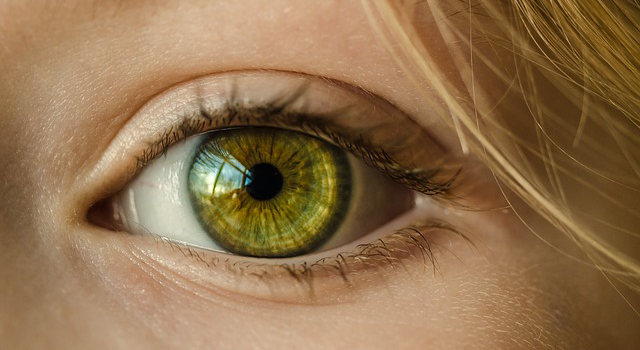What does it actually feel like to die?
USA – “Do you want to know what will happen as your body starts shutting down?”
My mother and I sat across from the hospice nurse in my parents’ Colorado home. It was 2005, and my mother had reached the end of treatments for metastatic breast cancer. A month or two earlier, she’d been able to take the dog for daily walks in the mountains and travel to Australia with my father. Now, she was weak, exhausted from the disease and chemotherapy and pain medication.
My mother had been the one to decide, with her doctor’s blessing, to stop pursuing the dwindling chemo options, and she had been the one to ask her doctor to call hospice. Still, we weren’t prepared for the nurse’s question. My mother and I exchanged glances, a little shocked. But what we felt most was a sense of relief.
During six-and-a-half years of treatment, although my mother saw two general practitioners, six oncologists, a cardiologist, several radiation technicians, nurses at two chemotherapy facilities, and surgeons at three different clinics—not once, to my knowledge, had anyone talked to her about what would happen as she died.
There’s good reason. “Roughly from the last two weeks until the last breath, somewhere in that interval, people become too sick, or too drowsy, or too unconscious, to tell us what they’re experiencing,” says Margaret Campbell, a professor of nursing at Wayne State University who has worked in palliative care for decades. The way death is talked about tends to be based on what family, friends, and medical professionals see, rather than accounts of what dying actually feels like.
James Hallenbeck, a palliative-care specialist at Stanford University, often compares dying to black holes. “We can see the effect of black holes, but it is extremely difficult, if not impossible, to look inside them. They exert an increasingly strong gravitational pull the closer one gets to them. As one passes the ‘event horizon,’ apparently the laws of physics begin to change.”
What does dying feel like? Despite a growing body of research about death, the actual, physical experience of dying—the last few days or moments—remains shrouded in mystery. Medicine is just beginning to peek beyond the horizon.
Until about 100 years ago, almost all dying happened quickly. But modern medicine has radically changed how long the end of life can be stretched. Now, Americans who have access to medical care often die gradually, of lingering diseases like most terminal cancers or complications from diabetes or dementia, rather than quickly from, say, a farm accident or the flu. According to the Centers for Disease Control’s most recent figures, Americans are most likely to die of heart disease, cancer, or chronic pulmonary lung disease.
For those who do die gradually, there’s often a final, rapid slide that happens in roughly the last few days of life—a phase known as “active dying.” During this time, Hallenbeck writes in Palliative Care Perspectives, his guide to palliative care for physicians, people tend to lose their senses and desires in a certain order. “First hunger and then thirst are lost. Speech is lost next, followed by vision. The last senses to go are usually hearing and touch.”
Whether dying is physically painful, or how painful it is, appears to vary. “There are some kinds of conditions where pain is inevitable,” Campbell says. “There are some patients that just get really, really old and just fade away, and there’s no distress.” Having a disease associated with pain doesn’t mean you’ll necessarily endure a difficult death, either. Most people dying of cancer need pain medication to keep them comfortable, Campbell notes—and the medicine usually works. “If they’re getting a good, comprehensive pain regimen, they can die peacefully,” she says.
When people become too weak to cough or swallow, some start to make a noise in the backs of their throats. The sound can be deeply disturbing, as if the patient is suffering. But that’s not what it feels like to the person dying, as far as doctors can tell. In fact, medical researchers believe that the phenomenon—which is commonly called a death rattle—probably doesn’t hurt.


Leave a Comment
You must be logged in to post a comment.